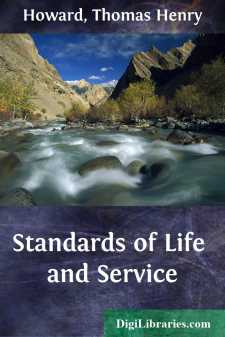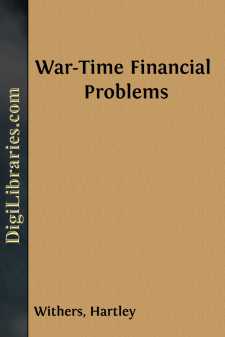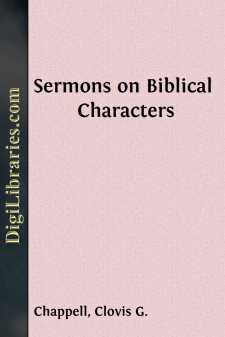Categories
- Antiques & Collectibles 13
- Architecture 36
- Art 48
- Bibles 22
- Biography & Autobiography 816
- Body, Mind & Spirit 145
- Business & Economics 28
- Children's Books 17
- Children's Fiction 14
- Computers 4
- Cooking 94
- Crafts & Hobbies 4
- Drama 346
- Education 58
- Family & Relationships 59
- Fiction 11834
- Foreign Language Study 3
- Games 19
- Gardening 17
- Health & Fitness 34
- History 1378
- House & Home 1
- Humor 147
- Juvenile Fiction 1873
- Juvenile Nonfiction 202
- Language Arts & Disciplines 89
- Law 16
- Literary Collections 686
- Literary Criticism 179
- Mathematics 13
- Medical 41
- Music 40
- Nature 179
- Non-Classifiable 1768
- Performing Arts 7
- Periodicals 1453
- Philosophy 66
- Photography 2
- Poetry 897
- Political Science 203
- Psychology 45
- Reference 154
- Religion 516
- Science 126
- Self-Help 85
- Social Science 82
- Sports & Recreation 34
- Study Aids 3
- Technology & Engineering 59
- Transportation 23
- Travel 463
- True Crime 29
Our website is made possible by displaying online advertisements to our visitors.
Please consider supporting us by disabling your ad blocker.
Standards of Life and Service
Description:
Excerpt
PREFACE
The following pages contain reports of addresses delivered by Commissioner Howard, of our International Headquarters, during an important series of Holiness Meetings held in the Congress Hall, London, principally in 1908. Those Meetings were widely used by God, and at my request the Commissioner has revised the shorthand reports of his words for this volume. We now send forth his messages in the hope of still further extending their usefulness.
Christianity is a present-day call to a good life. If it be anything less than that, it is really not worth troubling about. It is, of course, rich in holy memories, and venerable in its association with all that is true and best in the past. But it is not only ancient in its origin and triumphs—it is intensely modern in its touch with human need, and in its demand that the spirit of righteousness should be the controlling force in human life—in the common life of to-day. It is the aim of the following addresses to bring that truth home to us, and to help us to go direct to Jesus Christ Himself for power to respond to that claim.
Cast in popular form, as was necessary for meeting such occasions as those which called them forth, these addresses do not attempt any comprehensive statements of the philosophy of Holiness. Anything of that kind, no matter how successful, would have been the undoing of the whole effort. Nevertheless, the diligent reader will, I think, find underlying these practical counsels certain valuable principles. In particular, he will find implied, when not actually expressed, an important distinction between the work of God in the justifying and purifying of the soul, and the work of man in walking in obedience to the laws of God. It is that obedience I am thinking of when I say that Christianity is a demand for righteousness. It is that obedience we mean when we talk of Holiness—in its practical aspects.
One of the dangers to which all deeply spiritual teaching is open, is a kind of antinomianism—a species of religious bargaining between the soul and God; and that is a thing which is, of course, totally alien to His will, and completely ruinous to true progress. The process of such thought is something like this: 'Christ has performed for me a work of infinite love and merit. If I confess and deplore evil, I may claim pardon for it and purifying from its guilt by faith in the Divine Sacrifice made for me. That will ease my burdened soul and free me from apprehension as to future peril—peril which would otherwise have proved very real. As to temptation to further evil, I must watch against it; but if by chance or evil impulse, or even wilful choice, I fall into it, let me not be too deeply concerned. I can easily obtain again what I have obtained before.'
Now, that is not only a false position, but it involves an extremely dangerous error—an error which in practice is ultimately destructive of real faith. Salvation—indeed, all spiritual experience, is entered into by faith, of course; but it can only be maintained by hearty, determined obedience on our part....












